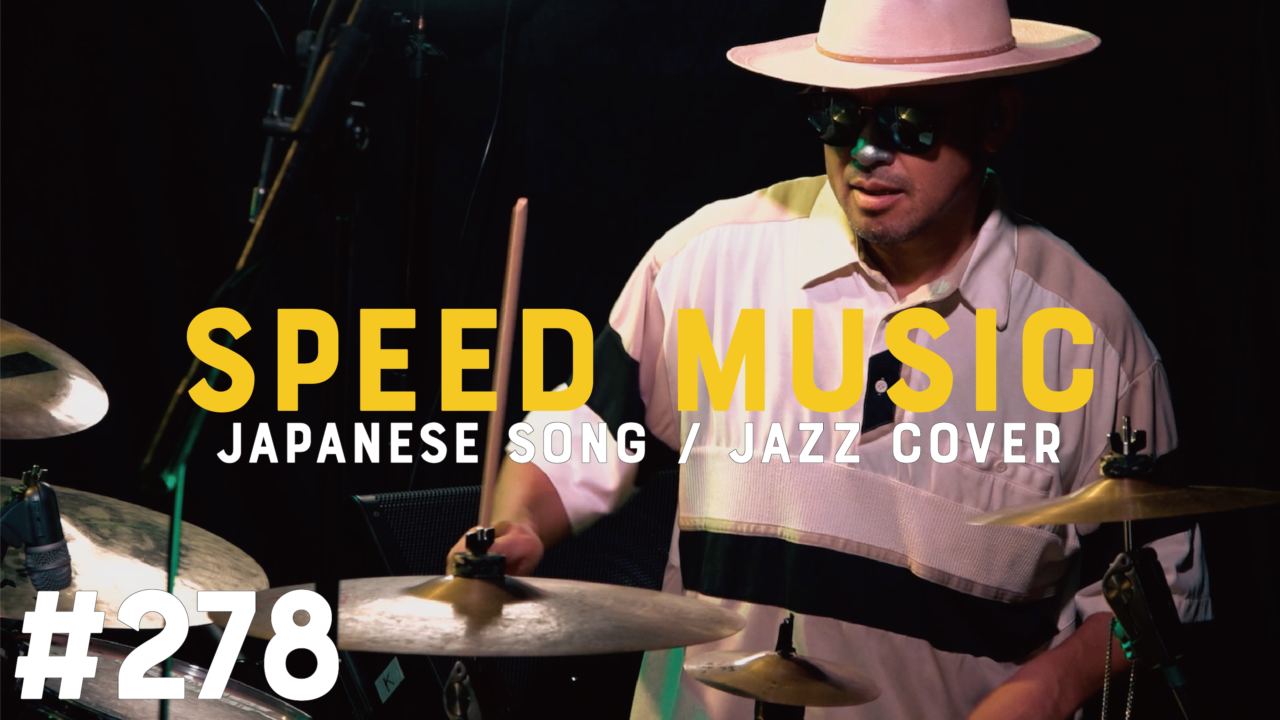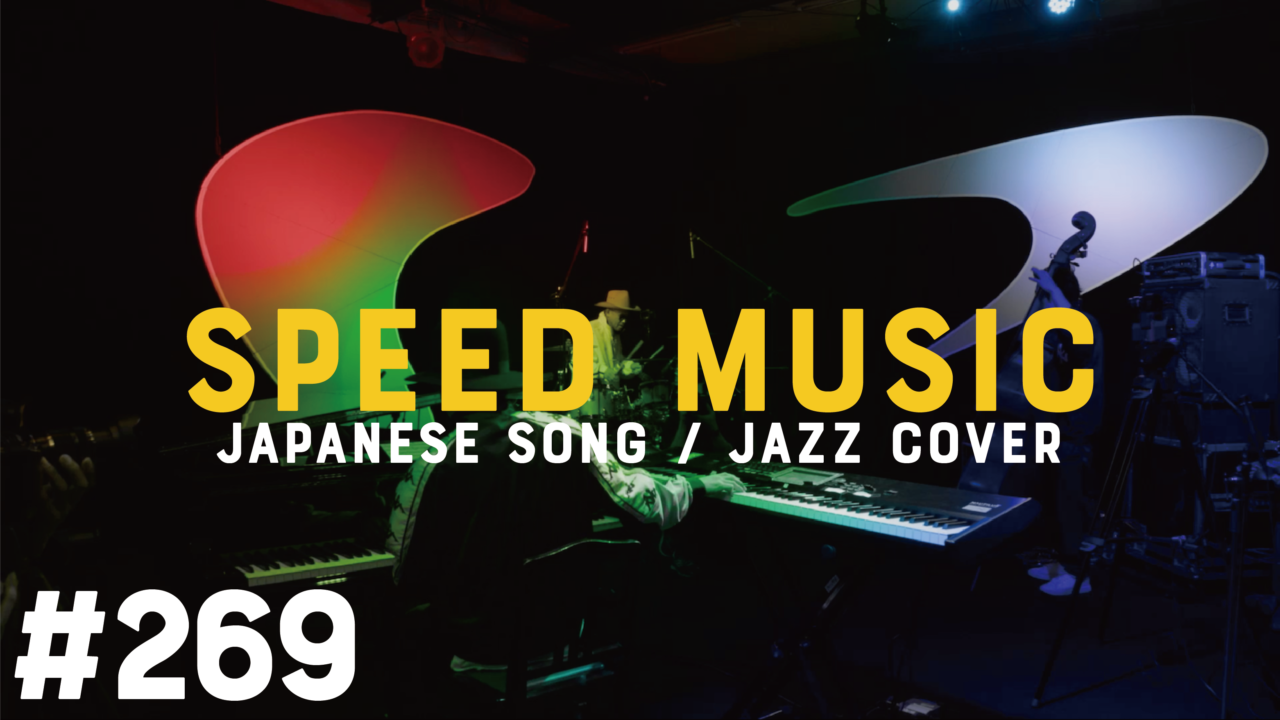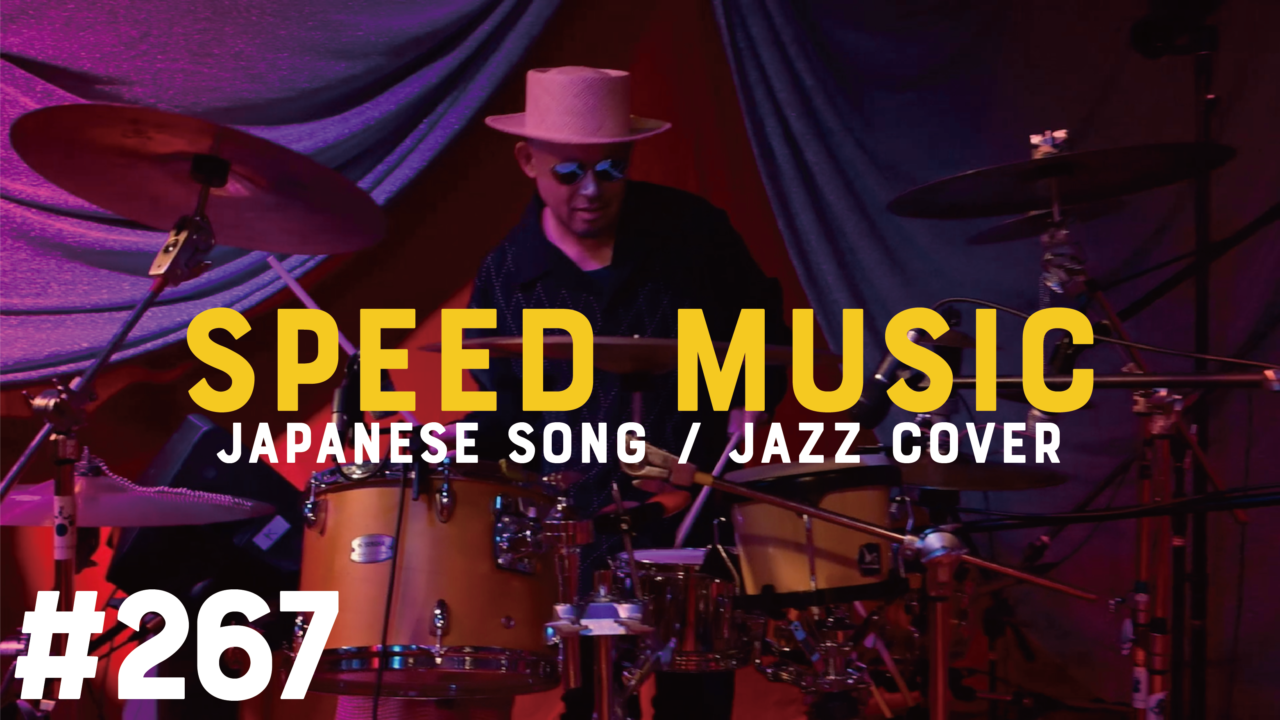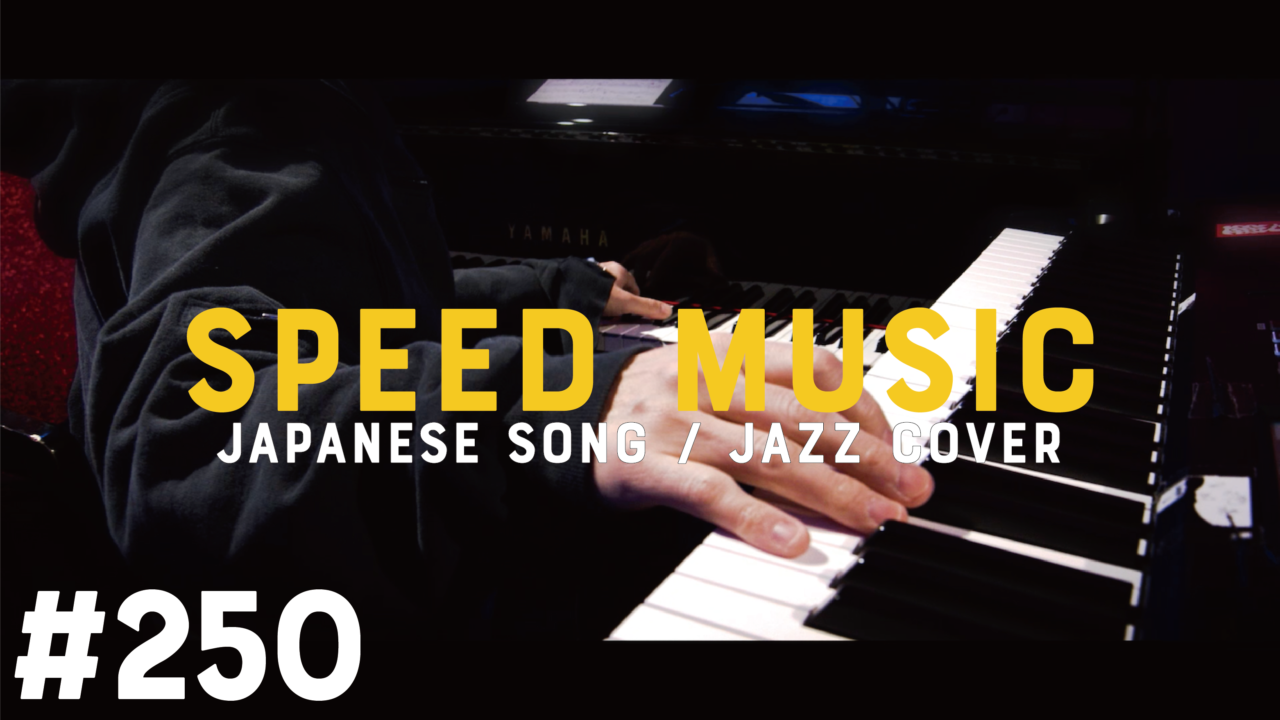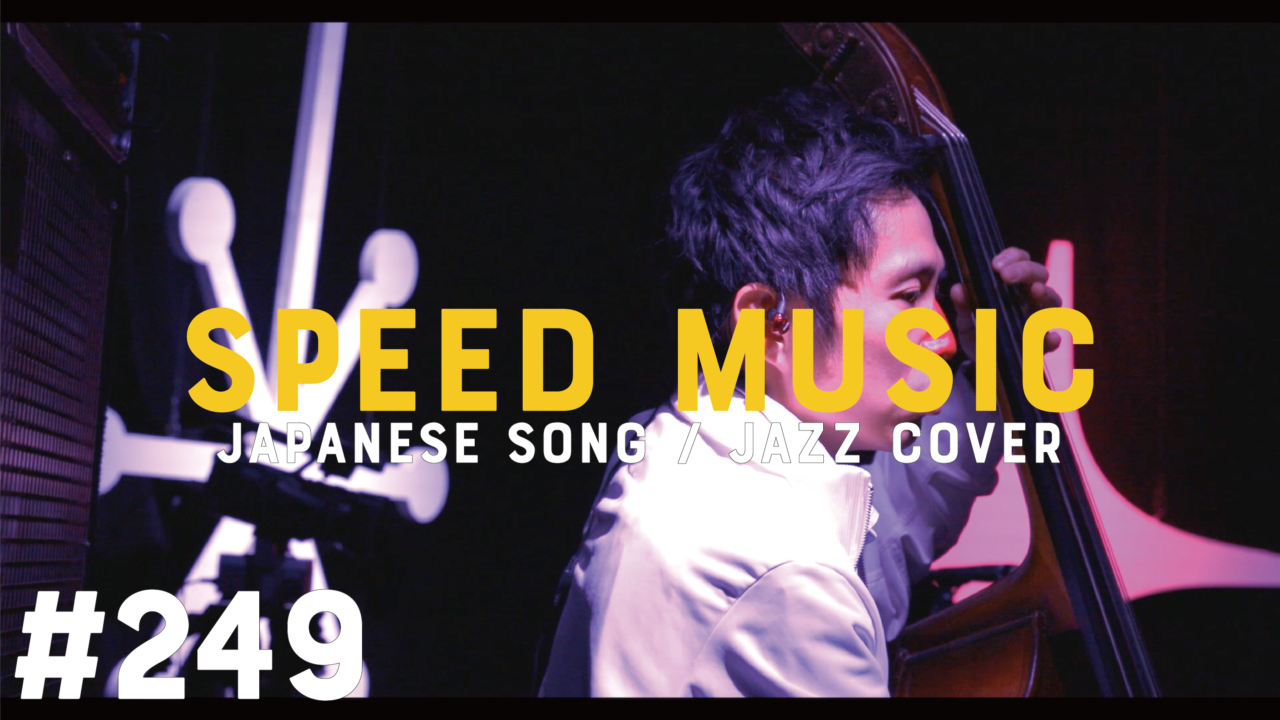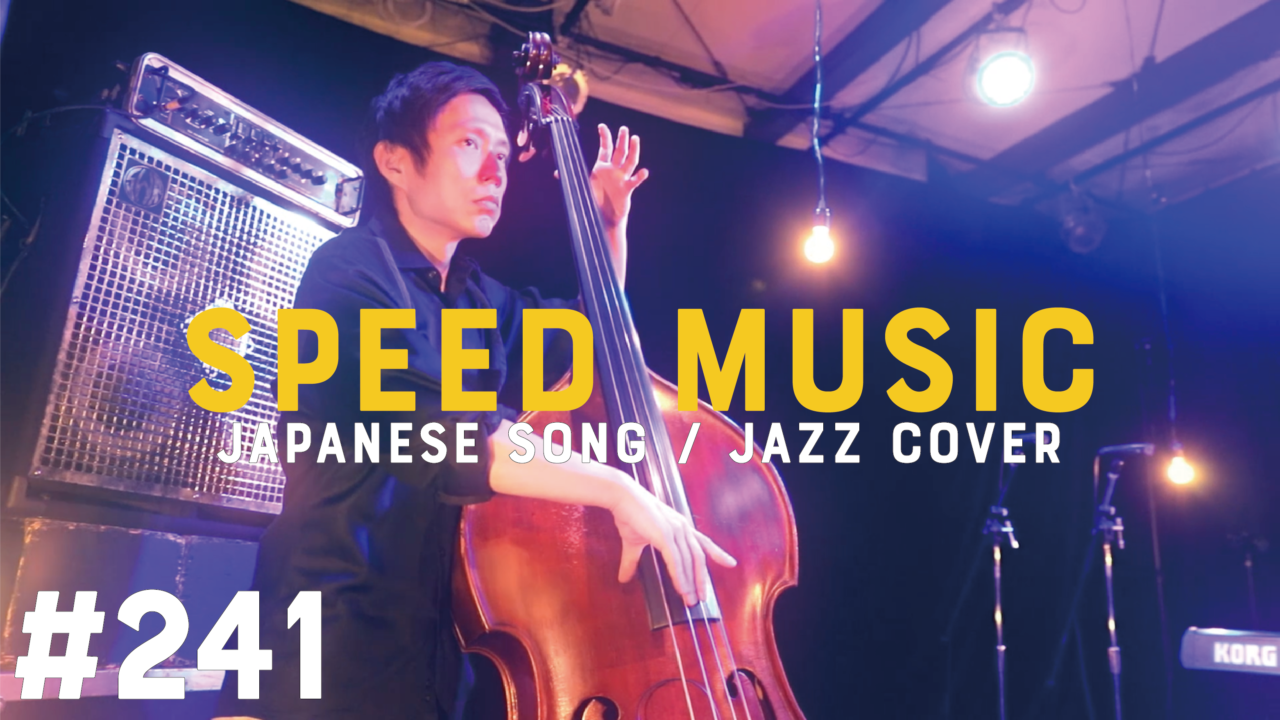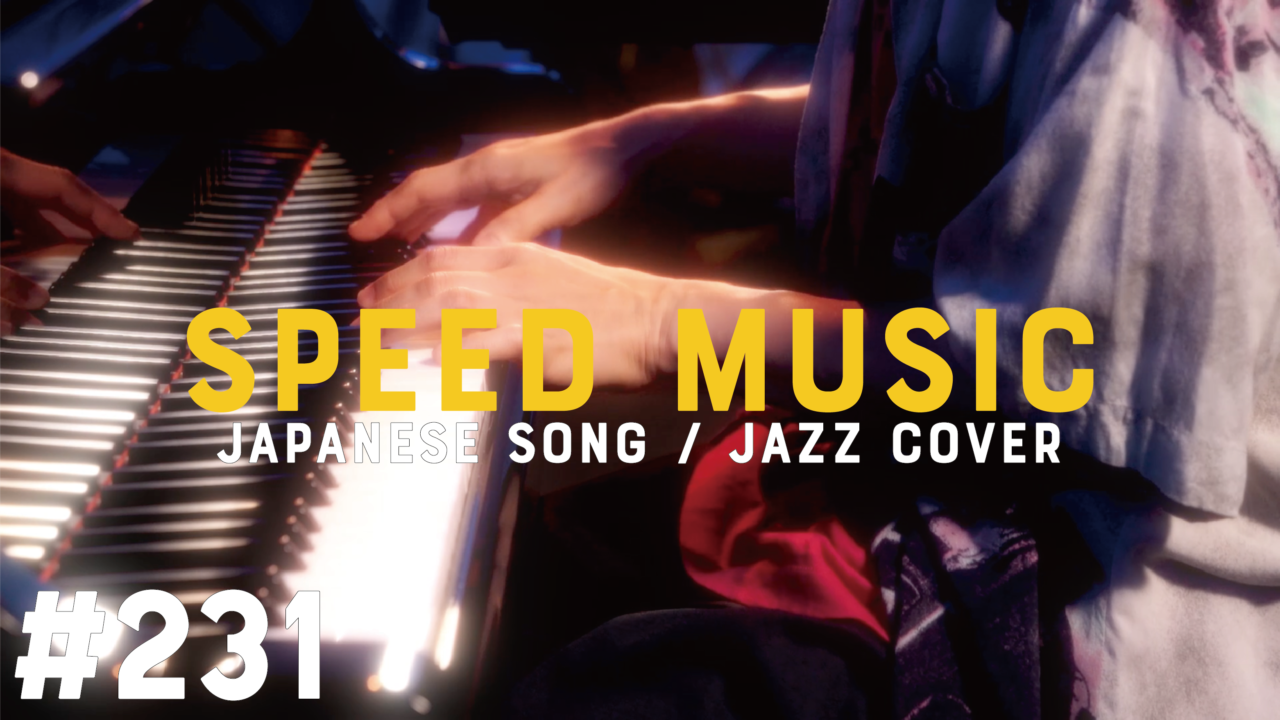#277 M / プリンセス プリンセス by H ZETTRIO
前年1988年にリリースされたアルバム『LET'S GET CRAZY』からのカットで、プリンセス・プリンセスの代表曲のひとつに数えられる曲でもあるが、タイアップはなく、当初は単なるB面の曲でしかなかった。この曲には富田がイニシャル“M”の男性と破局した切ない思いを、その“仕返し”のつもりで歌詞にし、奥居が曲をつけて完成したといういきさつがある。なお、奥居は当時、ロック色を全面に出したバンドにしたいとしていたことから、バラードであるこの曲は相応しくないとしてボツにしようとしていた。しかし周りのスタッフに止められて本作収録に至ったという。(フリー百科事典 ウィキペディア日本語版より:https://x.gd/098aJ)
It is a cut from the album "LET'S GET CRAZY" released the previous year in 1988, and is considered one of Princess Princess's signature songs, but there was no tie-up and it was originally just a B-side song. . The story behind this song is that Tomita wrote the lyrics to express her heartbreaking feelings after breaking up with a man whose initial is "M" as revenge, and Okui wrote the lyrics and completed the song. Furthermore, at the time, Okui wanted the band to be full of rock, so he decided to reject this song, which was a ballad, as it was not appropriate. However, he was stopped by the staff around him and ended up recording this work. (From the free encyclopedia Wikipedia Japanese version: https://x.gd/098aJ)



